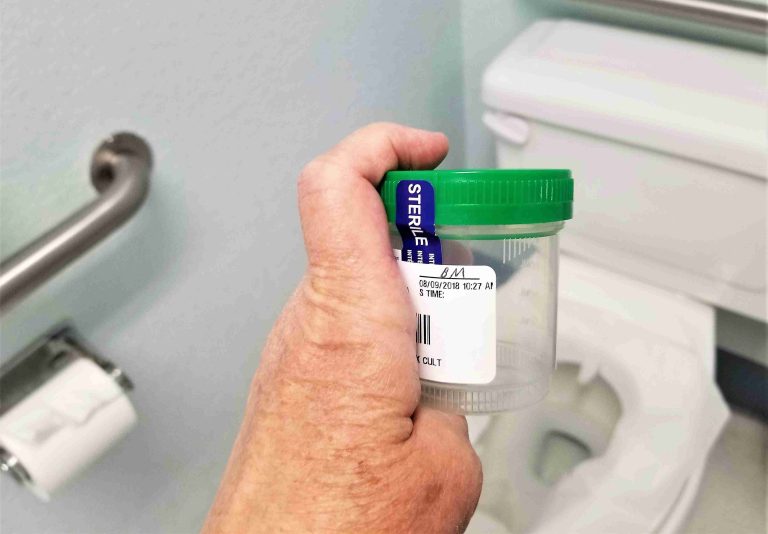As people age, preventive healthcare decisions become more complex. One such decision involves whether to continue undergoing colonoscopy—a procedure that plays a critical role in the early detection and prevention of colorectal cancer.
While colonoscopy remains a gold standard for identifying and removing precancerous polyps, it is essential to weigh the benefits against the potential risks in elderly patients, especially those with multiple health conditions or declining physical resilience.
This article explores how age, health status, and personal risk factors influence the decision-making process regarding colonoscopy in older adults, and how both patients and providers can work together to find the best path forward.
The Value of Colonoscopy for Cancer Prevention
Colorectal cancer is one of the most preventable yet deadly cancers. Early detection through screening has been proven to reduce both incidence and mortality. Colonoscopy, in particular, allows doctors to visually inspect the entire colon and rectum, remove suspicious polyps, and collect tissue samples—all in a single session.
For elderly individuals who are otherwise healthy, colonoscopy can still offer significant preventive benefits. Detecting cancer early—or identifying lesions that could turn cancerous—can lead to better outcomes, fewer intensive treatments, and a higher quality of life. However, this benefit becomes less clear as age advances, especially when life expectancy and overall health are taken into account.
How Age Affects the Decision
Chronological age alone should not be the only factor in determining whether to proceed with colonoscopy, but it does influence how the body responds to the procedure. With age comes a greater likelihood of comorbidities such as heart disease, diabetes, kidney issues, and cognitive decline, which can increase the risks associated with sedation, bowel preparation, and recovery.
While guidelines generally recommend routine colonoscopy screening to stop around the age of 75 for average-risk individuals, exceptions exist. If an elderly patient is in excellent health with a long life expectancy, screening may still be reasonable beyond that age. Conversely, for those with serious health issues or limited life expectancy, the risks may outweigh the potential benefits.
Understanding the Risks of Colonoscopy in Older Adults
Though colonoscopy is considered a safe and effective procedure, it is not without risks—particularly for older adults. Some of the most common concerns include:
- Complications from Sedation: Older patients are more susceptible to sedation-related side effects, including confusion, drops in blood pressure, and breathing difficulties.
- Injury to the Colon: While rare, perforation of the colon or rectum during the procedure is more likely in older adults due to tissue fragility.
- Cardiopulmonary Events: Patients with underlying heart or lung conditions may face an increased risk of complications during or shortly after the procedure.
- Bowel Prep Challenges: Preparing for a colonoscopy involves drinking large volumes of laxative solutions, which can lead to dehydration or electrolyte imbalances—particularly risky for frail or underweight seniors.
Weighing these risks is a crucial part of the decision-making process, and it is why colonoscopy in the elderly is often approached with greater caution.
When Colonoscopy Might Still Be Appropriate
Despite the risks, there are circumstances in which colonoscopy remains beneficial for elderly patients. If a person has a strong family history of colorectal cancer, a personal history of polyps, or previous abnormal screening results, continuing surveillance may be justified.
Likewise, elderly patients who are in excellent health and remain active with minimal medical issues may tolerate the procedure well and gain peace of mind from regular monitoring.
In some cases, a diagnostic colonoscopy may also be warranted if there are symptoms such as rectal bleeding, unexplained weight loss, or persistent changes in bowel habits. In these instances, the goal is not purely preventive, but rather to identify the cause of a potential problem.
Alternatives to Traditional Colonoscopy
For seniors who cannot undergo a traditional colonoscopy, alternative screening methods may be available. These include:
- Stool-based Tests: Such as the fecal immunochemical test (FIT) or guaiac-based fecal occult blood test (gFOBT), which check for hidden blood in the stool.
- Stool DNA Tests: Like Cologuard®, which combine stool blood testing with DNA analysis to detect abnormal cells.
- CT Colonography (Virtual Colonoscopy): A less invasive imaging procedure that does not require sedation but still requires bowel prep.
These alternatives are not as comprehensive as a colonoscopy in terms of both detection and polyp removal, but they may offer a safer option for those at higher risk from invasive procedures.
The Importance of Individualized Assessment
Medical guidelines provide general recommendations, but each patient is different. Factors such as mobility, mental clarity, ability to tolerate bowel prep, and support at home all play a role in determining whether colonoscopy is a good idea.
A shared decision-making approach between doctor and patient is essential. Together, they can consider life expectancy, personal cancer risk, previous screening results, and overall goals of care. The decision may also take into account the patient’s preferences, values, and willingness to undergo treatment should cancer be found.
A patient who is unlikely to undergo surgery or chemotherapy for colon cancer due to frailty or personal preference may not benefit from aggressive screening. In such cases, comfort and quality of life take precedence over detection.
Quality of Life and Ethical Considerations
Beyond the clinical discussion, there’s an ethical component to consider: is it worth putting an elderly person through an uncomfortable or risky procedure for a benefit that may not be realized in their remaining years?
In some situations, the answer is yes—particularly if the patient is highly functional and values taking every measure to preserve health. In others, focusing on symptom management and avoiding invasive procedures may be more aligned with the individual’s goals.
Open conversations about values, fears, and expectations are just as important as medical data. A truly informed decision accounts for not just lifespan, but health span—the number of years a person lives in good health.
Conclusion
Ultimately, the decision about colonoscopy in the elderly should never be automatic. Instead, it should stem from thoughtful dialogue that weighs current health status, medical history, personal risk factors, and individual preferences.
For healthcare providers, it means resisting a one-size-fits-all approach and instead practicing personalized medicine. For patients and families, it means asking questions, being honest about goals and concerns, and partnering with doctors to make the best possible choice.







